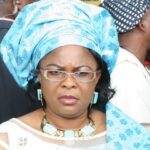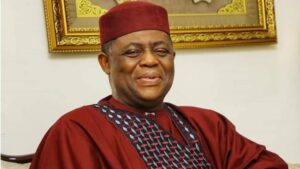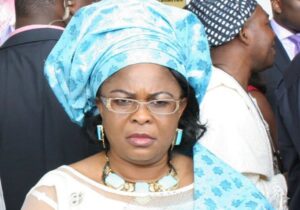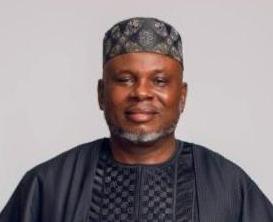The economic impact of the full deregulation of the petroleum pricing, which has been implemented by the administration of President Bola Ahmed Tinubu along with the unification of the naira forex rates has been massive. On the Government side, it has boosted its revenue such that in June the Government reported a distributable revenue of N1.9 trillion of which states are sharing more money. However, for many Nigerians, the impact has been devastating. Prices of food have gone up across the country, along with transport costs, in many instances by as much as a 100 per cent on both indices.
In the light of the grave statistics of poverty in this country, it is indeed trying times for the majority of Nigerians. The National Bureau of Statistics (NBS) last year put the figure of Nigerians in extreme poverty at 84 million. This means they are living at below $1.9 (N1,600) per day. Late last year it reported that 133 million (over 60 percent of the country’s population) are multidimensionally poor. The World Bank’s Nigeria Development Update released recently indicated that no less than 4 (four) million more Nigerians have been pushed into extreme poverty as at the first half of this year and another 7.1 million will join the group by the end of the year. These are grim statistics which show that any measure to mitigate the impact of the fuel subsidy removal must be well thought-out, broad minded and geared toward sustaining the economy whilst protecting lives
Beyond food and transport inflation, there are other major costs that have gone up and a few major ones that will come for consumers, among them rental payments for households and operating costs for businesses. So it is understandable why the federal government and a few other state governments are rolling out measures to provide some relief for some vulnerable Nigerians.
So far, the federal government intervention has been headlined by a N500 Billion initiative to give cash transfers to the most vulnerable. Already, the National Economic Council made up of the Vice President as Chairman and amstate governors is working out the modalities for the disbursement of the intervention. The federal government says it will spread the intervention to 12 million households at N8,000 per month over six months. That will come to about N260 per household per day. It does not even come near a drop in the ocean of their needs. Other measures include releasing grains from the strategic reserves while states are being encouraged to roll out their own support measures.
Indeed, the measures announced so far are too limited to make an impact. The government will have to take a look again at its proposal and galvanise subnational governments to make appropriate social interventions for not only the very poor but for the economy to keep moving. It is important that the idea of palliatives do not become the essence of all the interventions that the government will make.
It is good to see that the impact of the subsidy removal has been immediate on government revenue as they had N900 billion to share at the monthly Federation Account Allocation Committee meeting for June as against N786 billion in May. The prognosis is that there will be more money for the governments to share in the months ahead. This is good but they must not neglect the need to provide infrastructure and other support initiatives for businesses to cope with the increases in costs. It is important that they do not forget the nexus between a productive private sector and creating employment for the people, and the nexus between employment and reducing poverty.
President Tinubu is in a unique position to galvanise a coordinated national response to the current economic and living difficulties. He needs to build on his current pan-national and inclusive engagements with subnational governments to drive a national recovery policy beyond the cash palliative. If he does that we may well turn the corner, mitigate the impact and possibly gain the full benefits of the economic reforms.
As a corollary, the president should, working with NEC and other stakeholders, put a stop to further disruptive policy changes which hold the potential to make life more difficult for Nigerians and derail the impact of whatever social interventions are planned. The president should therefore ask the various MDAs including institutions of learning to hold back on any increase in fees and charges. Let the removal of price restrictions be gradual so that Nigerians can recover and prepare for these shocks when they come. Also, clear incentives including investment support should be quickly rolled out for vulnerable small and micro businesses to keep them in jobs and hold them back from sacking their staff and closing shop. The focus must be not just on providing cash but keeping people in their jobs and enabling others to get jobs. It is the only sustainable way to keep the economy moving.










More Stories
Bringing Life to Ajaokuta Steel Company
Reconsidering the cybersecurity levy
Tinubunomics: what’s working, what’s not, why and way forward